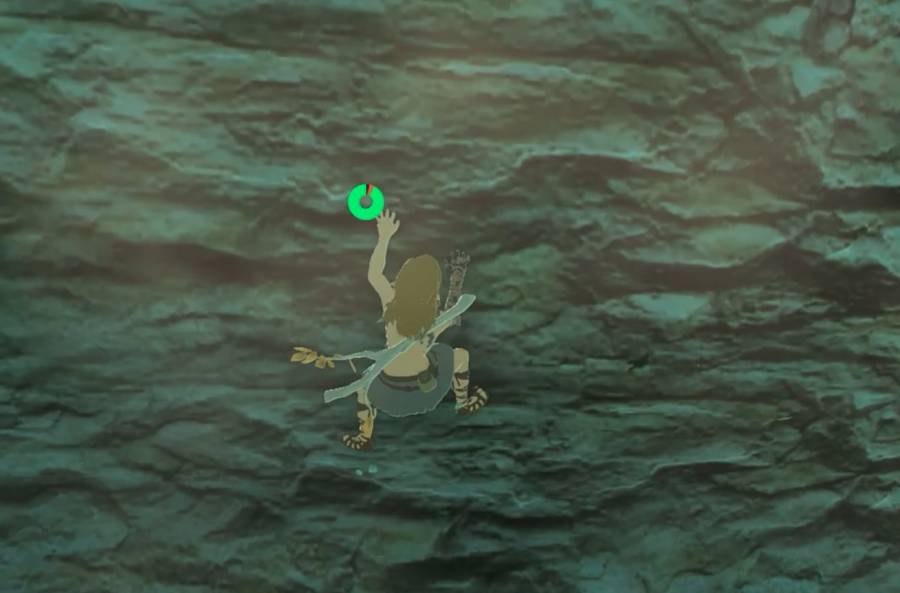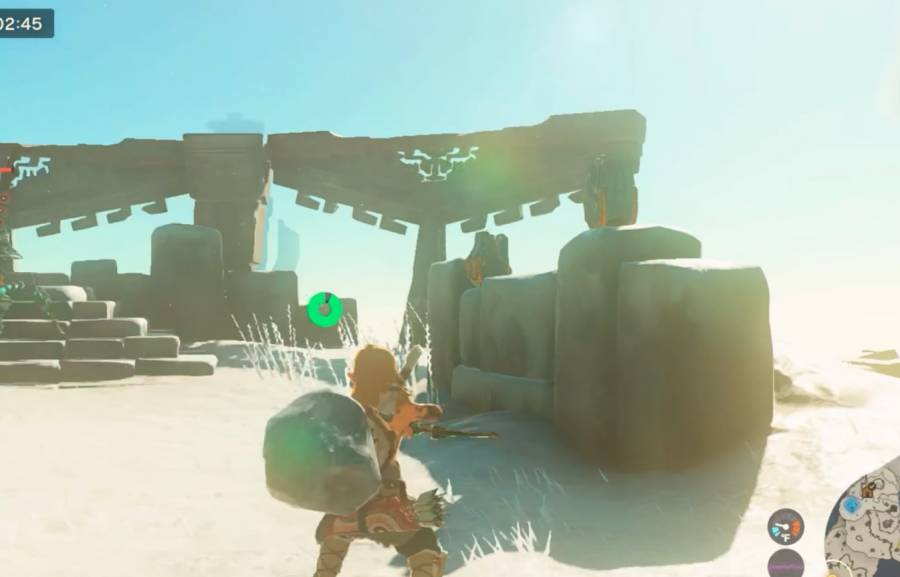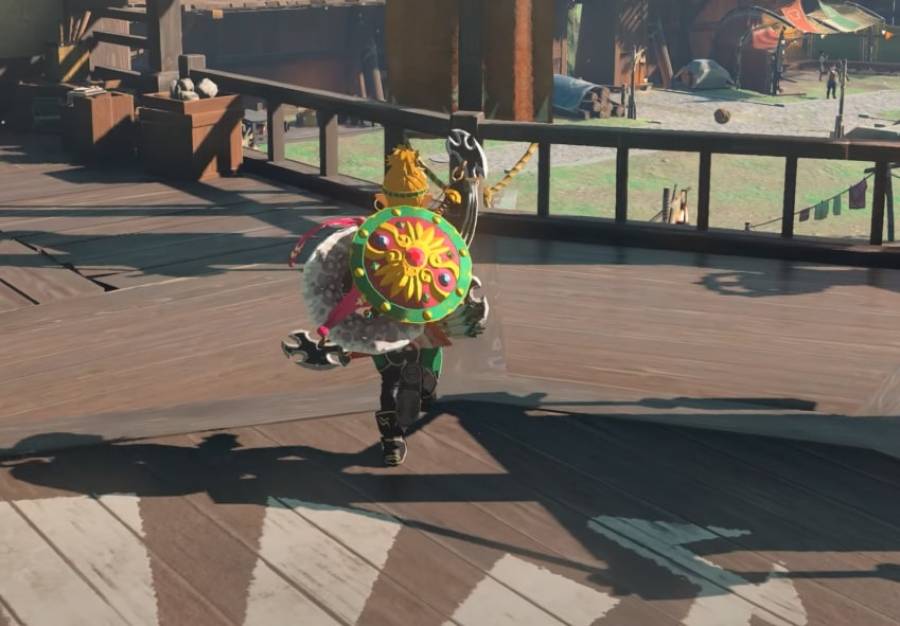Tears of the Kingdom, a recent addition to the vast world of fantasy gaming, has quickly gained popularity for its intricate gameplay, compelling storyline, and its unique relationship with one of the most beloved game franchises of all time – The Legend of Zelda. From the moment players enter the realm of the Kingdom, they are greeted by echoes of the Zelda universe, intricately woven into every aspect of the game. This article will delve deep into the seamless integration of this lore, examining how Tears of the Kingdom builds upon and expands the mythology established in previous Zelda games.
Understanding the Zelda Universe: A Brief History
The Legend of Zelda, over the years, has created an expansive and complex universe filled with rich histories, timeless heroes, and menacing villains. Central to this lore is the Triforce, a powerful relic embodying the virtues of Power, Wisdom, and Courage. These virtues are often personified in the franchise’s main characters: Link, the brave hero chosen by the goddesses; Zelda, the wise princess with divine ancestry; and Ganon, the embodiment of malice and power-hungry destruction.
Each Zelda game, while independent, adds another layer to this rich tapestry, introducing new lands, characters, and challenges, but always revolving around the central theme of the eternal struggle between good and evil, and the cyclical nature of destiny. It is this intricate lore that Tears of the Kingdom inherits and develops further.

Tears of the Kingdom: An Extension of the Zelda Universe
While Tears of the Kingdom introduces a new realm with its own unique challenges and mysteries, it maintains a deep connection with the Zelda universe. Right from the iconic symbols etched on ancient ruins to the familiar melodies playing in the background, the game pays homage to its roots. Yet, it does not merely replicate the Zelda universe; it expands and evolves it, carving out its own unique identity within the established lore.
Exploring the Overarching Themes
The Zelda franchise is defined by several recurring themes – the cyclical nature of time, the struggle between good and evil, destiny versus free will, and the importance of balance. Tears of the Kingdom takes these themes and explores them in new, unexpected ways.
For instance, one of the most prominent themes in the game is the eternal struggle between good and evil. While the Zelda series often portrays this through the conflict between Link, Zelda, and Ganon, Tears of the Kingdom introduces new characters and factions that add complexity to this traditional dynamic. It also delves deep into the theme of destiny and free will, examining what happens when characters challenge their preordained paths.
Character Connections and Evolution
While Tears of the Kingdom introduces a host of new characters, it also brings back many familiar faces from the Zelda universe. The protagonist, for instance, shares many characteristics with Link, embodying the spirit of courage that defines the Hero of Time. Zelda’s role is also significant, but she is presented in a new light, showcasing her strength, wisdom, and agency more than ever before.

Even Ganon makes an appearance, although not as we know him. He is introduced as a more complex character, with motivations and a backstory that add depth to his traditionally villainous role. These familiar characters, while evolved, serve as anchors, connecting the new game with the beloved franchise.
World Building: From Hyrule to the Kingdom
The world-building in Tears of the Kingdom is a masterclass in how to expand an established universe. The game introduces a new realm, teeming with diverse cultures, rich histories, and unique ecological systems. Yet, it bears the unmistakable imprint of the Zelda universe.
Familiar landmarks make appearances, and the lore of the Kingdom is filled with tales and legends that Zelda fans will recognize. These familiar elements, combined with the game’s unique additions, create a sense of continuity while also offering players a fresh new world to explore.
Narrative Integration: Weaving Past and Present
Tears of the Kingdom weaves together elements from various Zelda games, creating a narrative tapestry that feels both familiar and new. The narrative is filled with direct references to past games, as well as more subtle nods to the franchise’s lore.

At the same time, it introduces new story arcs that push the boundaries of the established lore, offering fresh perspectives on familiar themes and characters. This careful balance between old and new allows Tears of the Kingdom to pay homage to its roots while also pushing the Zelda lore in exciting new directions.
Gameplay and Lore: An Interconnected Relationship
In Tears of the Kingdom, gameplay and lore are deeply intertwined. The mechanics of the game, from combat to puzzle-solving, are significantly influenced by the Zelda franchise. However, these mechanics are not just a means to progress in the game; they also serve to further develop the lore.
For instance, certain combat techniques are tied to the lore of the Kingdom, revealing bits of history and culture as players master them. Similarly, puzzles often require knowledge of the Kingdom’s legends and myths to solve. This symbiotic relationship between gameplay and lore creates a deeply immersive experience for players, making them active participants in the unfolding of the game’s mythology.
Conclusion
Tears of the Kingdom is a shining example of how an established lore can be expanded and reimagined in new and exciting ways. By building upon the rich mythology of the Zelda franchise, the game offers a gaming experience that is deeply rooted in the franchise’s history, yet boldly innovative. It is a testament to the enduring appeal of the Zelda universe and a promise of the exciting possibilities that lie ahead in the realm of fantasy gaming.
